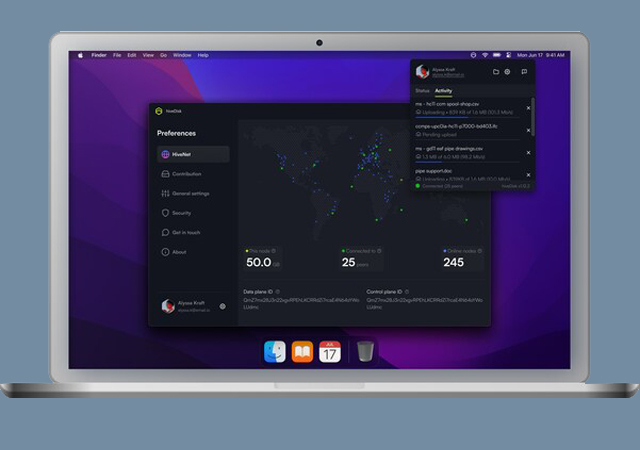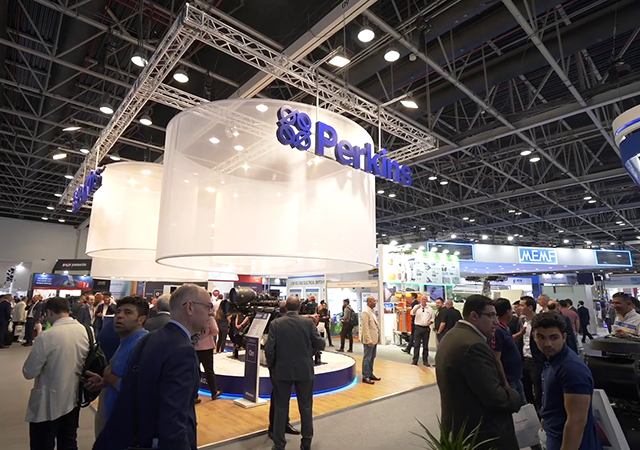
 An Alstom train
An Alstom train
Work on the $22.5 billion Riyadh Metro project took another step forward with the first of the tunnel boring machine burrowing into the capital’s belly under the FAST consortium.
Indicative of strong confidence in the success of the project, the first machine is called Dhafrah for victory in Arabic.
The FAST consortium is designing and constructing three of the six automated metro lines and members include Samsung, Alstom, Strukton, Freyssinet Saudi Arabia, Typsa, Atkins, and Setec. The $7.9 billion contract scope includes construction of 64.6 km of rail track, 29.8 km of viaducts, 26.6 km of underground track and 8.2 km of over ground track.
Some two months earlier, the consortium placed the first 475-tonne concrete girder into its permanent elevated position.
“These are important early steps in our journey toward delivering a world-class metro to the people of Riyadh,” said Jaime Freyre de Andrade Calonge, FAST project director.
Three tunnel boring machines will be used by FAST to create tunnels of diameter 10 m.
Alstom will provide its automated driverless metro system for the metro project under a contract worth $1.5 billion. It will provide 69 metro trains for the metro, also supplying its Urbalis signalling system, a train braking energy recovery system called HESOP and Appitrack – a new technology to install tracks faster.
Each train will have two cars. The driverless metro train will be 36 m long and 2.71 m wide.
FAST and two other consortiums – BACS and ANM – were awarded contracts in 2013. The BACS consortium (contract value $9.45 billion) includes Bechtel, Almabani General Contractors, Consolidated Contractors Company and Siemens. The consortium is led by Bechtel.
It will also be responsible for the train cars, signalling, electrification and integration of the lines under its scope to the metro network.
ANM (ArRiyadh New Mobility)’s contract is worth $5.2 billion and covers one line, the Qasr Al Hokom station and Western Station. ANM includes Ansaldo STS, Salini-Impregilo, Larsen & Toubro, Nesma and Bombardier. Larsen & Toubro and Nesma will provide civil works services, Bombardier will look after the procurement of the vehicles and Ansaldo STS will provide technology support services.
Other services which Ansaldo STS will provide including signalling ATC (Automation Train Control) and CBTC (Communication Based Train Control).
Riyadh Metro, expected to open to passengers in 2018, will cover an area of 176 km around the city.
ROUTES
Lines involving larger routes are the Red Line – Madina Al-Munawara to Rahman Al-Awal Road; 45 km, and the Blue Line – Olaya Street to Al-Hayer Road, 44 km.
Routes of other lines are: Green Line – King Abdullah Road to King Fahd Station; Orange Line – King Khaled International Airport to the new King Abdullah Financial District; Yellow Line – along King Abdul Aziz Road, and Purple Line – Abdul Rahman bin Ouf Street to Shaikh Hassan bin Hussain bin Ali Street.
Owner and operator of the metro is the Arriyadh Development Authority (ADA). The project will have an execution period of five years and an optional maintenance service period for the next 10 years. It is expected to create about 15,000 jobs in Saudi Arabia.










